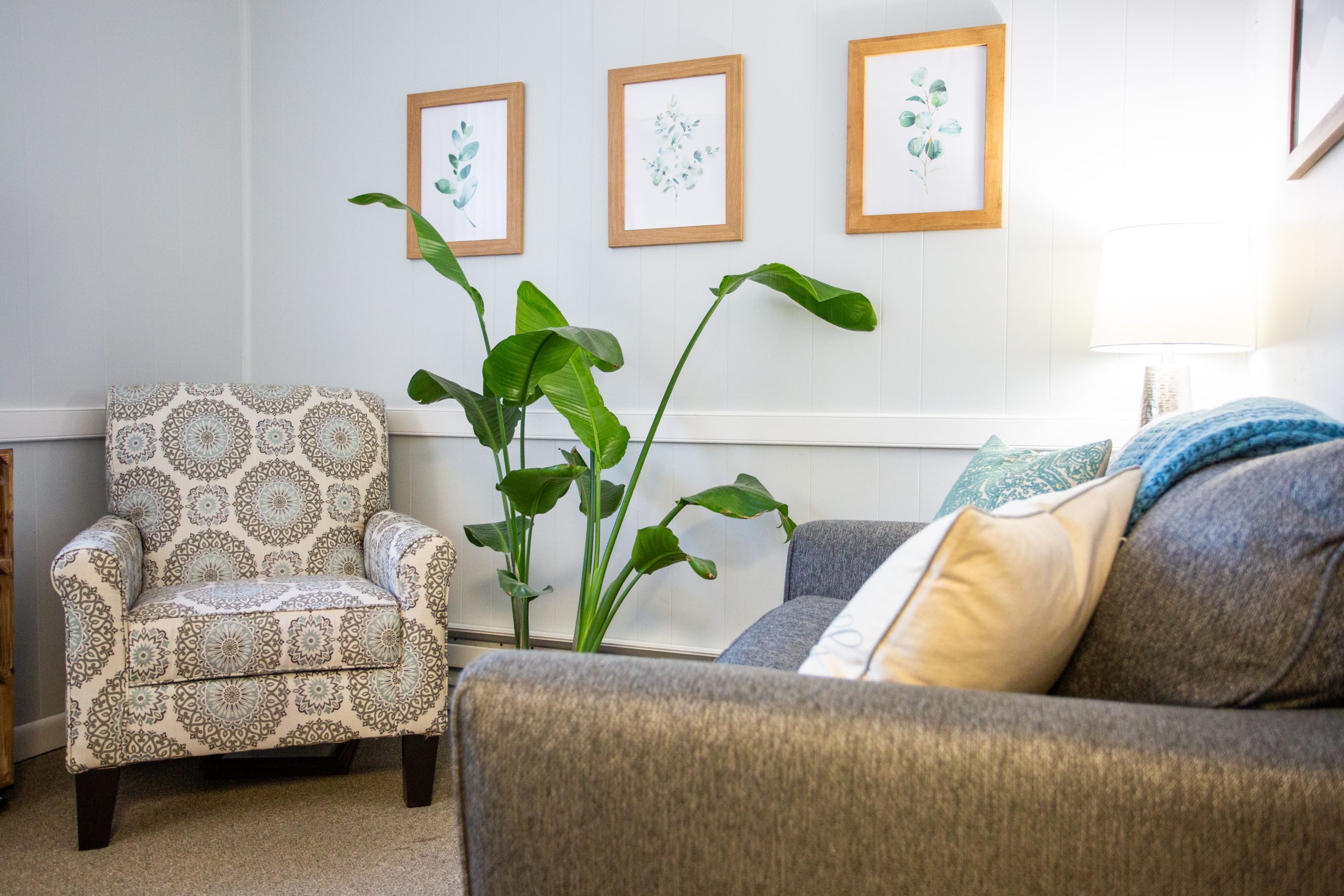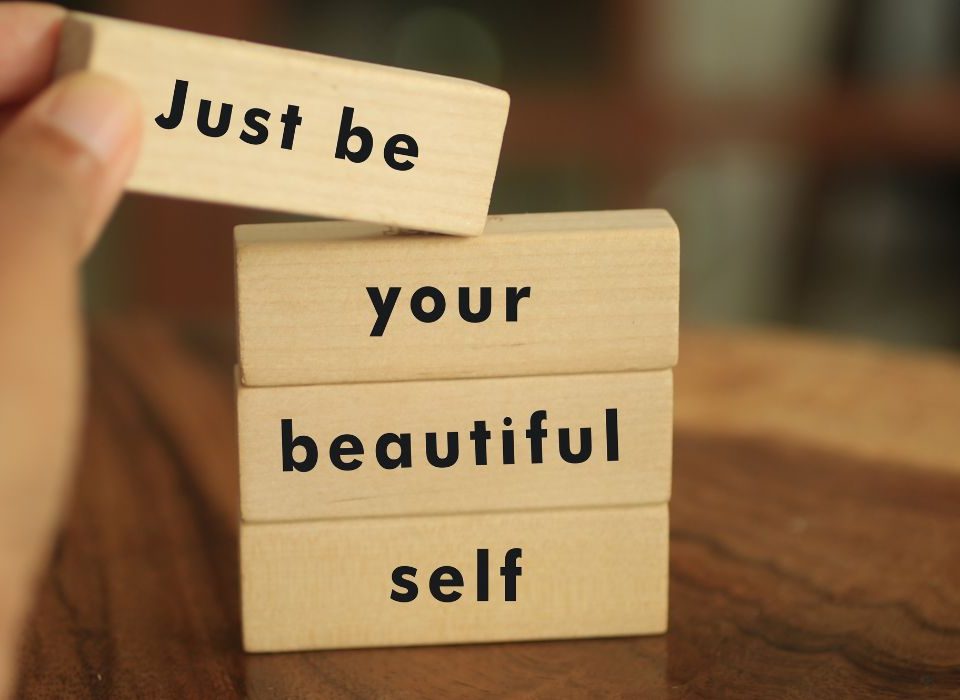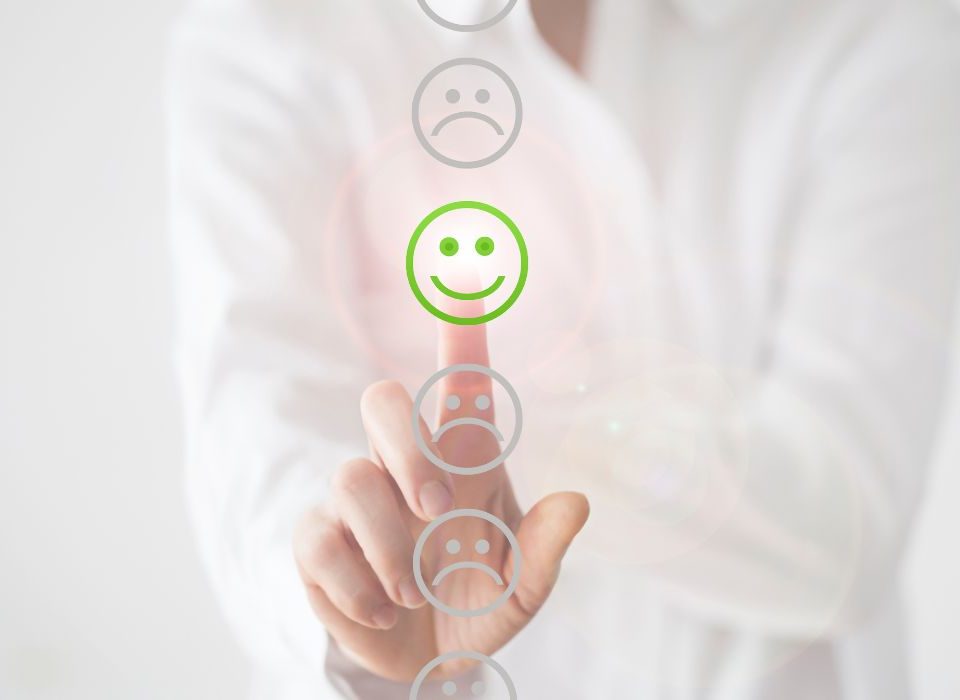
Understanding the Different Types of Therapy: Which One Is Right for You?
March 19, 2024
The Foundation of Well-Being: Exploring the Importance of Good Mental Health
April 16, 2024By Keeley Seymour, LCSW, CEDS, PMH-C
4 min read

Sarah was a bright and outgoing 16-year-old with a passion for art. She loved expressing herself through her sketches and paintings, finding peace in her brush strokes and the swirls of color on her canvas. When the pandemic began in 2020, Sarah considered joining many social media platforms since most of the responsibilities and obligations in her life had been canceled for the foreseeable future.
Like many teenagers during and even before 2020, Sarah eagerly joined various social media platforms to stay connected with friends and share her artwork with a wider audience. At first, it seemed harmless—a way to showcase her talents and receive peer validation. However, as Sarah delved deeper into the world of likes, comments, and followers, she was caught in a whirlwind of comparison and self-doubt.
Sarah’s Instagram feed became inundated with images of flawless models, picturesque vacations, and seemingly perfect lives. With each scroll, she couldn’t help but feel inadequate in comparison. The pressure to maintain a polished online persona grew overwhelming, leaving Sarah anxious and insecure about her identity.
As Sarah’s use of social media intensified, so did her struggles with mental health. She spent hours glued to her phone screen, seeking validation through likes and comments. The dopamine rush of each notification became addictive, fueling a cycle of dependency and anxiety. Despite her parents’ efforts to encourage her to disconnect and engage in offline activities, Sarah felt trapped in a never-ending cycle of comparison and self-doubt.
Impact of Social Media on Mental Health
Many teens using social media have a similar story, especially in the last 4 years. In an era dominated by it, where every like, comment, and share can shape our perception of self-worth, the impact on mental health cannot be overstated. While social media platforms offer unprecedented connectivity and opportunities for self-expression, they also bring along many challenges, often leading to adverse effects on mental well-being.
Social Media and Mental Health Statistics
According to recent studies, over 70% of Americans actively use social media platforms, with the average user spending around 2-3 hours per day scrolling through feeds and engaging with content. However, this increased digital presence comes at a cost. Research suggests that heavy social media use is associated with higher rates of anxiety, depression, body image issues, loneliness, and low self-esteem.
A study published in the Journal of Abnormal Psychology found a significant increase in depressive symptoms among adolescents, correlating with the rise of social media usage. Another study by the Royal Society for Public Health in the UK revealed that Instagram, in particular, has been rated as the worst social media platform for mental health and well-being due to its emphasis on image and comparison.
Understanding the Impact
One of the primary mechanisms through which social media affects mental health is the cultivation of unrealistic standards and comparisons. Platforms often serve as highlight reels, showcasing curated versions of people’s lives, leading others to feel inadequate or inferior in comparison. This phenomenon, known as “social comparison,” can exacerbate loneliness and dissatisfaction with one’s life.
Moreover, the constant barrage of notifications and the pressure to maintain an online persona can contribute to heightened stress levels and decreased self-esteem. The fear of missing out induced by seeing others’ seemingly perfect lives can also fuel anxiety and loneliness.
How to Stay Safe on Social Media
While the negative impact of social media on mental health is undeniable, there are strategies individuals can employ to navigate the digital world more mindfully:
- Limit Screen Time: Setting boundaries around social media usage can help mitigate its adverse effects. Designate specific times of the day for browsing, and avoid mindless scrolling before bed or upon waking up.
- Curate Your Feed: Be mindful of who you follow and what content you consume. Unfollow accounts that trigger negative emotions or promote unrealistic standards, and instead, seek out accounts that foster positivity and authenticity.
- Practice Self-Compassion: Remind yourself that social media often presents a distorted view of reality. Practice self-compassion and embrace imperfection, both in yourself and others.
- Engage Mindfully: When using social media, be intentional about your interactions. Avoid comparing yourself to others, and instead, focus on fostering genuine connections and meaningful conversations.
- Take Breaks: Regularly disconnecting from social media can provide much-needed respite for your mental well-being. Use this time to engage in activities that nourish your mind, body, and soul.
While social media has undoubtedly reshaped how we connect and communicate, its impact on mental health cannot be overlooked. By approaching the digital world mindfully and implementing strategies to mitigate its adverse effects, we can harness the benefits of social media while safeguarding our mental well-being.
Exercise: Document how you feel before and when you use a social media app. Rate this emotion on a scale of 1 to 10. Try deleting the social media app on your phone for a week. Document your mood throughout that week. Notice the differences between the two. It can be helpful to see how the content you follow positively or negatively impacts your mood.
_________________________________________________________________________________
Looking for treatment for an eating disorder, anxiety, depression, trauma, or postpartum mood disorder?
Evolve Counseling Services is a specialized team of Licensed Therapists providing treatment in Paoli.



